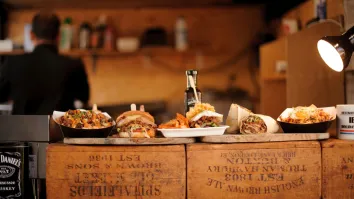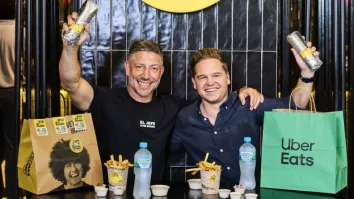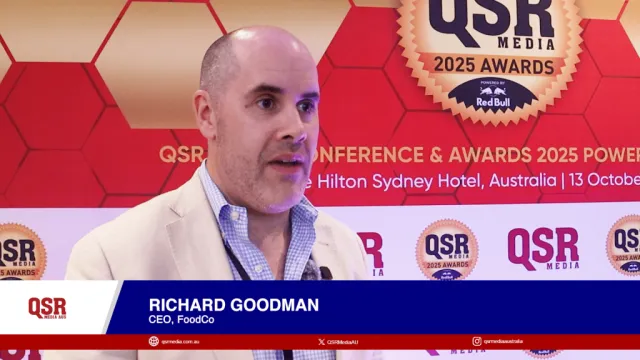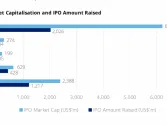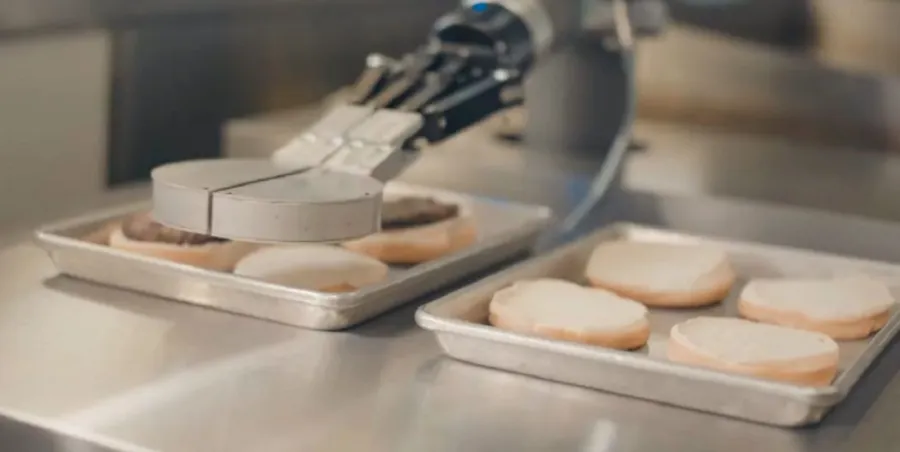
Weekly Global News Wrap Up: Fast food industry in Zimbabwe takes a hit after kaylite packaging ban; CaliBurger chains to employ a robotic fry cook in 2018; QSR chicken brands to re-enter India after KFC plight
Here is a summary of the most interesting QSR news stories of the week from around the world.
According to The Herald, the government of Zimbabwe banned the use of polystyrene material, commonly known as kaylite packaging, and other related plastic packaging due to health hazards and pollution. The fast-food industry in the country, which serves three million customers, has suffered a big blow.
Miso Robotics, a California-based tech start-up, has created a new robotic fry cook named Flippy. According to an article by CNBC, Flippy can cook numerous burgers to perfection without any human assistance by using sensors and cameras to monitor food temperature. Flippy will be launched in CaliBurger chains in 2018.
In an article by Wauchope Gazette, McDonald’s Australia is poised to change its retail strategy. Out of its 960 stores, just over 10 per cent are in retail precincts. Joshua Bannister, senior development director McDonald's, said that the chain was primarily focused on restaurants with drive-thrus and stores around highways, railways and airports.
McDonald’s is making efforts to reverse its fading popularity with expanding delivery, employing digital ordering kiosks in restaurants, and rolling out an app that saves about seven seconds. According to Journal Star, the fast food brand estimates that it would take 10 seconds for a customer to tell an employee their order number from the app, down from the 17-second average of ordering at the drive-thru, a difference that could help ease pileups.
An article by Hindu Business Line said that UK and US-based chains like Southern Fried Chicken, Texas Chicken and Genuine Broaster Chicken are re-entering the Indian market after KFC experienced challenges in the country.
Photo credit: biglittlefood


